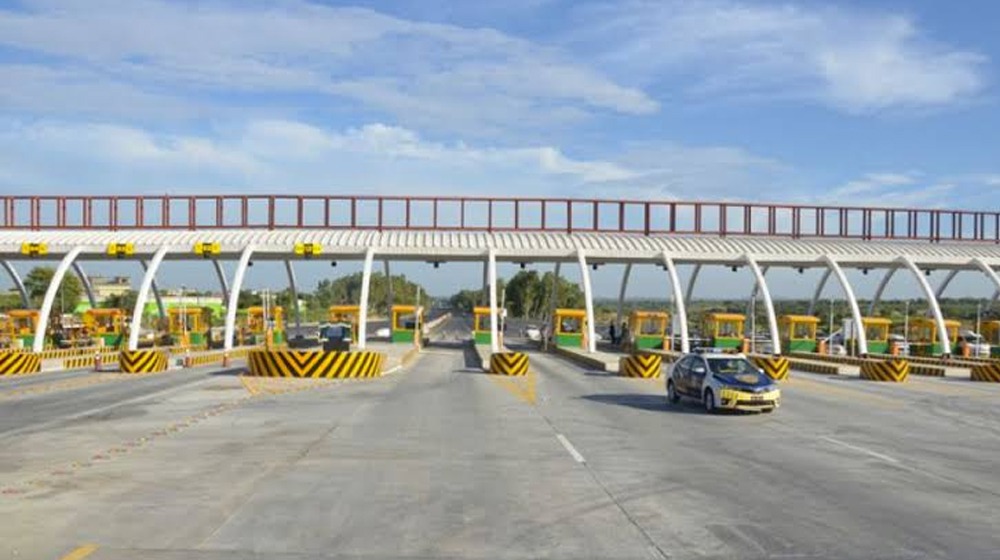Toll Revenues Double in a Single Year
Pakistan has witnessed a sharp increase in motorway and highway toll revenues, which grew by 101 percent within just one year. The surge, according to official documents, has added substantial financial pressure on commuters already struggling with high fuel prices and inflation.
In the fiscal year 2024–25, toll tax collections surpassed 64.42 billion Pakistani rupees (about USD 231 million). This figure was more than double the revenue recorded in the previous fiscal year 2023–24, when collections stood at just over 32 billion rupees.
Breakdown of Collections from Motorways and Highways
The official breakdown reveals that both highways and motorways contributed significantly to the revenue surge.
-
In FY 2023–24, highways generated 17.75 billion rupees, while motorways contributed 14.3 billion rupees.
-
In FY 2024–25, revenues jumped to 34.42 billion rupees from highways and nearly 30 billion rupees from motorways.
This reflects not only higher toll rates but also increased vehicular traffic on national routes.
Provincial Contributions and Growth
Toll collections grew across all four provinces, with some regions experiencing more than double the revenues compared to the previous year.
-
Punjab: Revenues rose 84 percent, reaching 19.58 billion rupees.
-
Sindh: Collections increased by 117 percent, climbing to 11.37 billion rupees.
-
Khyber Pakhtunkhwa: Revenues grew 92 percent, reaching 2.38 billion rupees.
-
Balochistan: Income from tolls rose 81 percent, surpassing one billion rupees.
The sharpest increase was recorded in Sindh, where revenues more than doubled, reflecting both higher toll charges and rising traffic volumes.
Exemptions for Government and Emergency Vehicles
Despite the surge, toll exemptions remain in place for certain categories. Government departments, ambulances, police, and fire brigade vehicles are not subject to toll charges. Private citizens, however, bear the brunt of the increases, with toll rates steadily rising across major highways and motorways.
Public Concern Over Rising Costs
The steep hike in tolls has triggered concern among commuters and civil society groups. Many argue that the doubling of tolls adds to the already heavy burden of inflation and rising fuel costs.
Pakistan’s inflation has hovered in double digits for much of the past two years. In August 2024, inflation stood at nearly 24 percent, with transport costs a major contributor. For many middle-class families and transport operators, the combination of expensive fuel and higher tolls is straining household budgets and business margins.
Transport unions have also voiced alarm, warning that the additional costs will ultimately be passed on to passengers and consumers through higher fares and freight charges.
Wider Economic Context
Infrastructure financing has long been a challenge for Pakistan, where maintenance and expansion of highways and motorways require large investments. The National Highway Authority (NHA) relies heavily on toll collections to fund repairs and new projects.
However, economists caution that while toll increases may boost short-term revenue, they risk reducing affordability and accessibility for ordinary citizens. In particular, small businesses that depend on road transport could be disproportionately affected.
Looking Ahead
The debate over toll taxes is likely to intensify as Pakistan continues to grapple with rising living costs. Calls are growing for the government to balance revenue needs with public affordability, ensuring that infrastructure development does not come at the expense of citizens’ daily livelihoods.
For now, the doubling of toll revenues underscores both the government’s fiscal drive and the growing strain on road users across the country.















